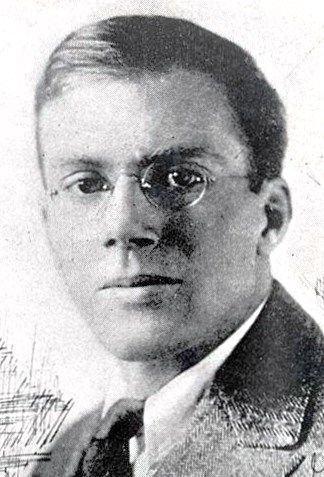Conrad Aiken (Conrad Aiken)

Author, Editor. His writings often deal with identity and changing perceptions, reflecting his profound interest in psychology. He won the 1930 Pulitzer Prize for his “Selected Poems” (1929) and the National Book Award for “Collected Poems” (1953). Conrad Potter Aiken was born in Savannah, Georgia. When he was 11 his father killed his mother and then himself, and he was raised by a distant relative in Massachusetts. He studied at Harvard University from 1908 to 1912, where his classmates included poet T.S. Eliot. After World War I he divided his time between the United States and England and played a significant role in introducing American poets to British audiences. As editor of Emily Dickinson’s “Selected Poems” (1924) he was largely responsible for that poet’s posthumous fame, and he was a mentor to British novelist Malcolm Lowry, briefly serving as his paid guardian in the early 1930s. His acclaimed work “Ushant” (1952) is a memoir of his encounters with many notable writers of his day. In all Aiken wrote over 50 books, including “Earth Triumphant” (1914), “The Charnel Rose” (1918), “The Brownstone Eclogues” (1942), “The Kid” (1947), “A Reviewer’s ABC” (1958), “Collected Short Stories” (1960), “Collected Novels” (1964), and “Collected Poems 1916-1970” (1970). Aiken’s grave at Savannah’s Bonaventure Cemetery became famous after it was mentioned in John Berendt’s book “Midnight in the Garden of Good and Evil” (1994). There is a legend that Aiken wanted his tombstone in the form of a bench so poetry lovers could sit there and enjoy a drink or two. (bio by: Bobb Edwards) Family links: Spouse: Mary Hoover Aiken (1905 – 1992)* *Calculated relationship
Born
- August, 05, 1889
- USA
Died
- August, 08, 1973
- USA
Cemetery
- Bonaventure Cemetery
- Georgia
- USA

